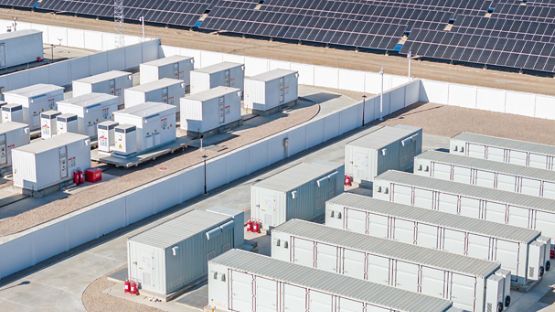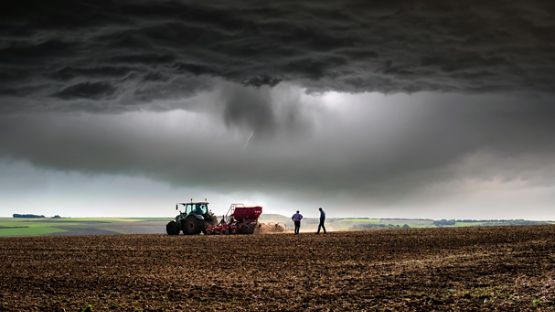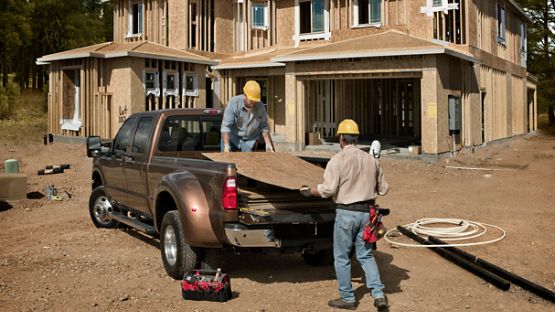Business insurance can help protect you from these risks but how do you know what insurance you need?
A variety of factors can influence the specific types and amount of insurance coverage you need. These factors include:
- The nature of your business, the products or services you provide and the processes you use to provide them
- The location of your business, including geography and climate
- The setup of your business and whether you are sole proprietor, have partners or operate as a corporation
- The functions or activities your business is engaged in
Depending on the type of business and financial arrangements, certain coverages such as property and general liability insurance may be a contractual or bank requirement. Here are just a few types of insurance coverages you should consider for your business.
Property insurance
Property insurance protects assets, including your building, equipment, tools, inventory and furniture in the event of a loss or damage. Additional things to know about property insurance:
- If you lease a building, property insurance will cover your assets, including inventory but excluding the building.
- If you don’t have a physical location but bring equipment with you to various work locations, coverage moves with you.
- Equipment or tools in storage will also be covered even if you don’t work out of that location.
General Liability
This insurance can protect you from the costs of property damage as well as any bodily, personal or advertising injury claims made against your business. Coverage for general liability is the same for all small businesses regardless of the type of business you operate.
Crime
Crime insurance covers your small business for losses incurred from forgery, theft or fraudulent activities. Small businesses, which often lack the security resources of large companies, can be especially vulnerable to these kinds of losses. Crime insurance can cover you in the event of employee theft, electronic and funds transfer fraud and credit card forgery among other things.
Depending on the nature of your business, you may also want to consider some of the following coverages to manage the risk to your small business:
- Professional liability protects you in the event of client claims for errors, omissions or negligence for professional services.
- Equipment breakdown covers systems such as computers, heating and air-conditioning, refrigeration and point-of-sale (POS) against events including electrical arcing or mechanical breakdown.
- Product liability protects you against losses due to injury caused by a defect or malfunction of your product.
- Data breach protects you from liabilities associated with the loss or theft of data.
- Key person insurance is life insurance that can protect your business if a key person, often the owner or founder, dies or becomes disabled.
- Partnership insurance allows one partner to purchase the company from the other partner if that second partner dies or becomes disabled.
- Commercial fleet insurance is coverage for a business that owns five or more commercially rated vehicles.
Protect yourself, family and business by having an honest conversation with your insurance broker, who can then help you identify areas of risk and ensure that those areas are covered by appropriate insurance products. For more information, contact your insurance broker. If you don’t have one, use our Find a Broker tool.
Sources
Business Insurance Coverage. (2018). Retrieved from Insurance Bureau of Canada: http://www.ibc.ca/on/business/business-insurance-coverage
Insurance for Your Small Business. (2018). Retrieved from Business and Industry Canada: https://canadabusiness.ca/managing-your-business/day-to-day-operations/protecting-your-business/insurance/insurance-for-your-small-business/













